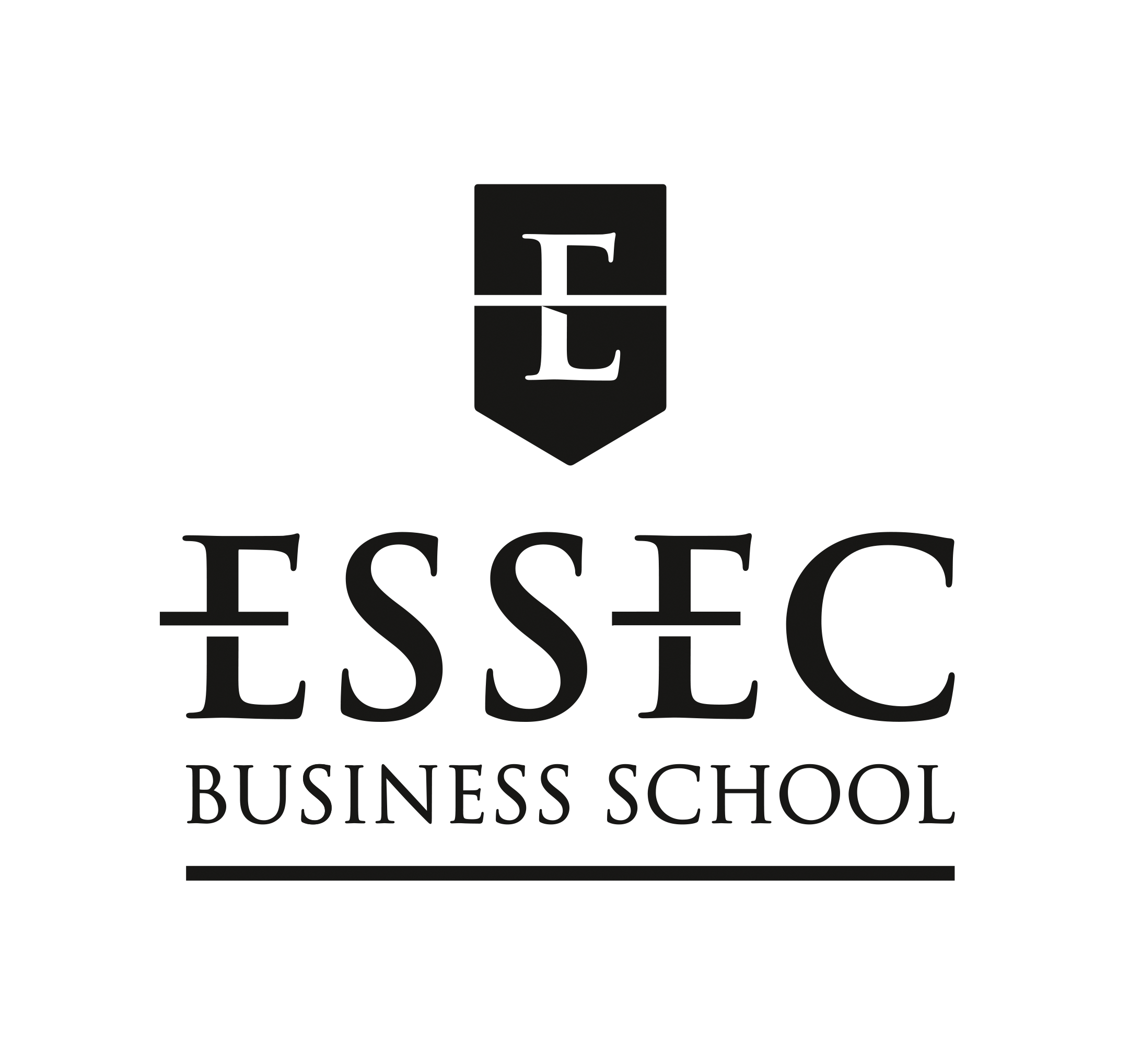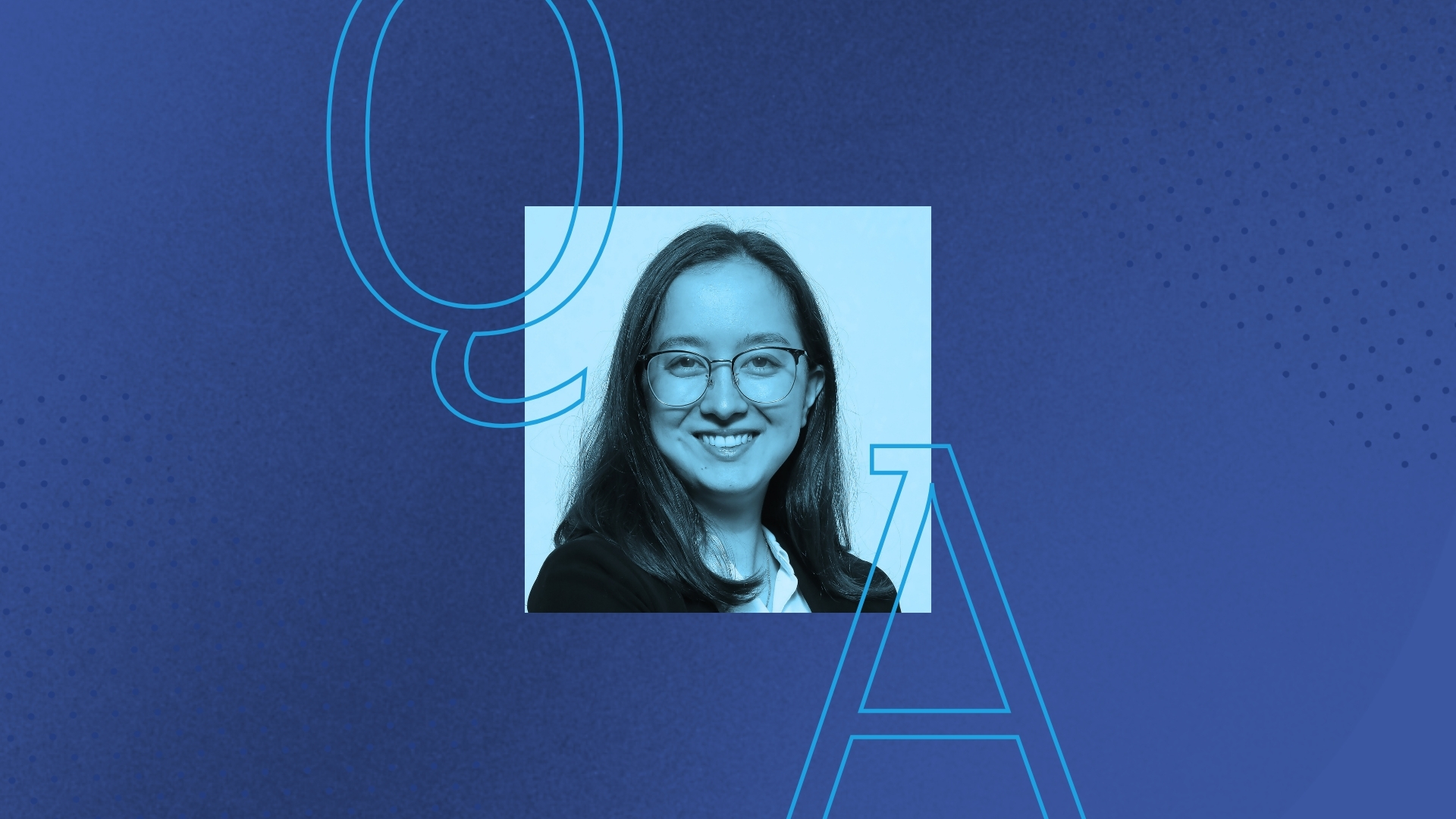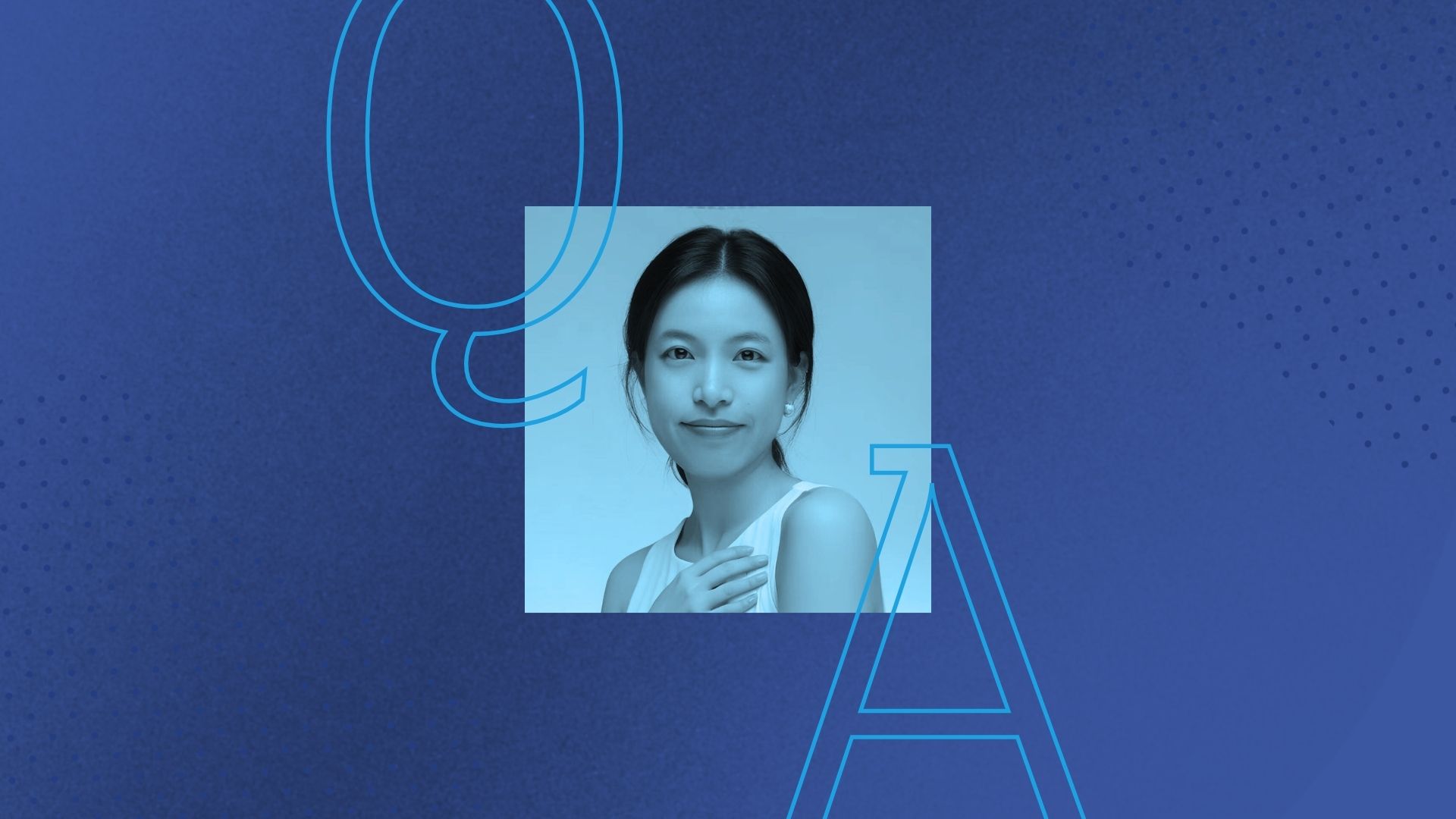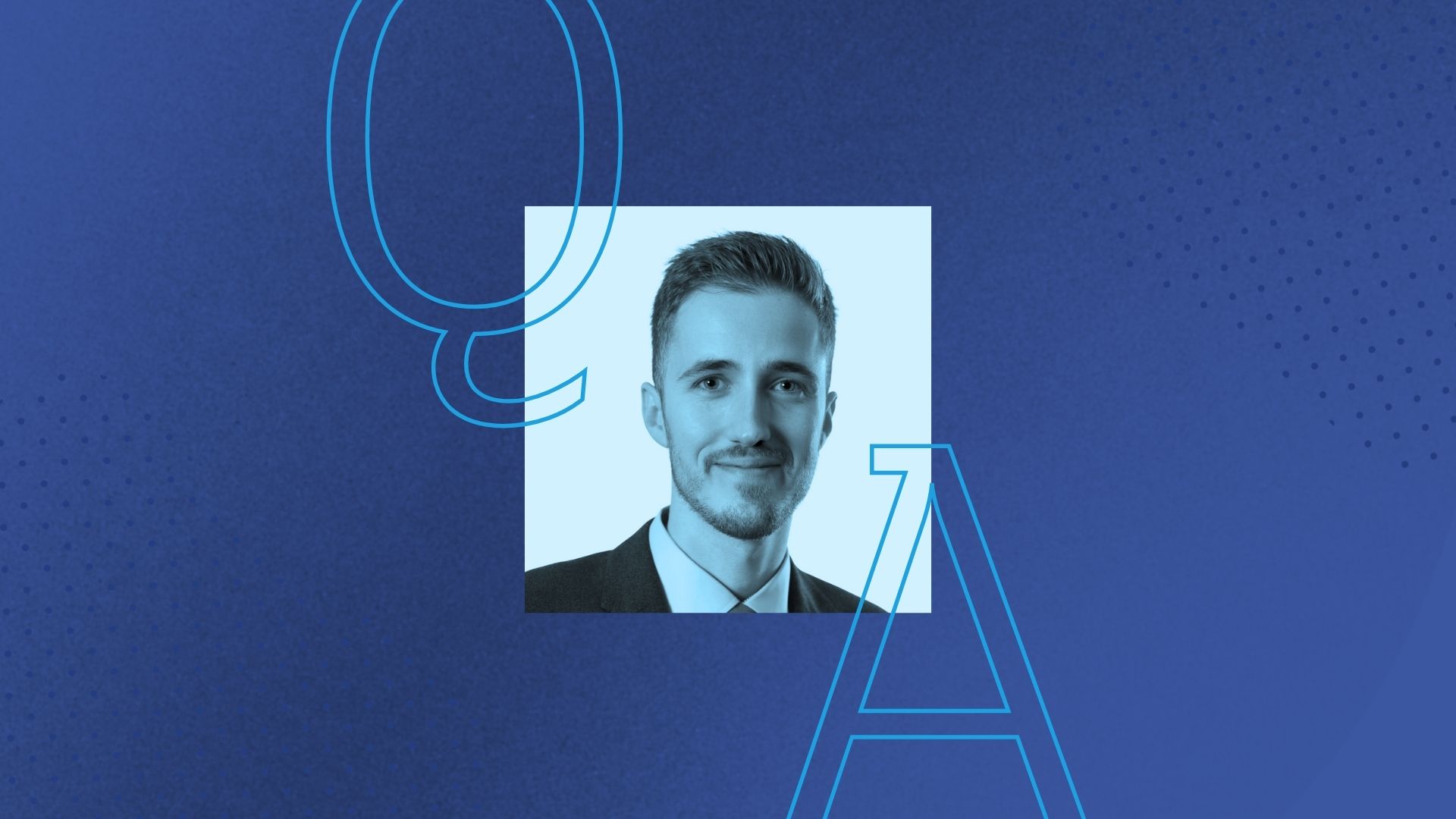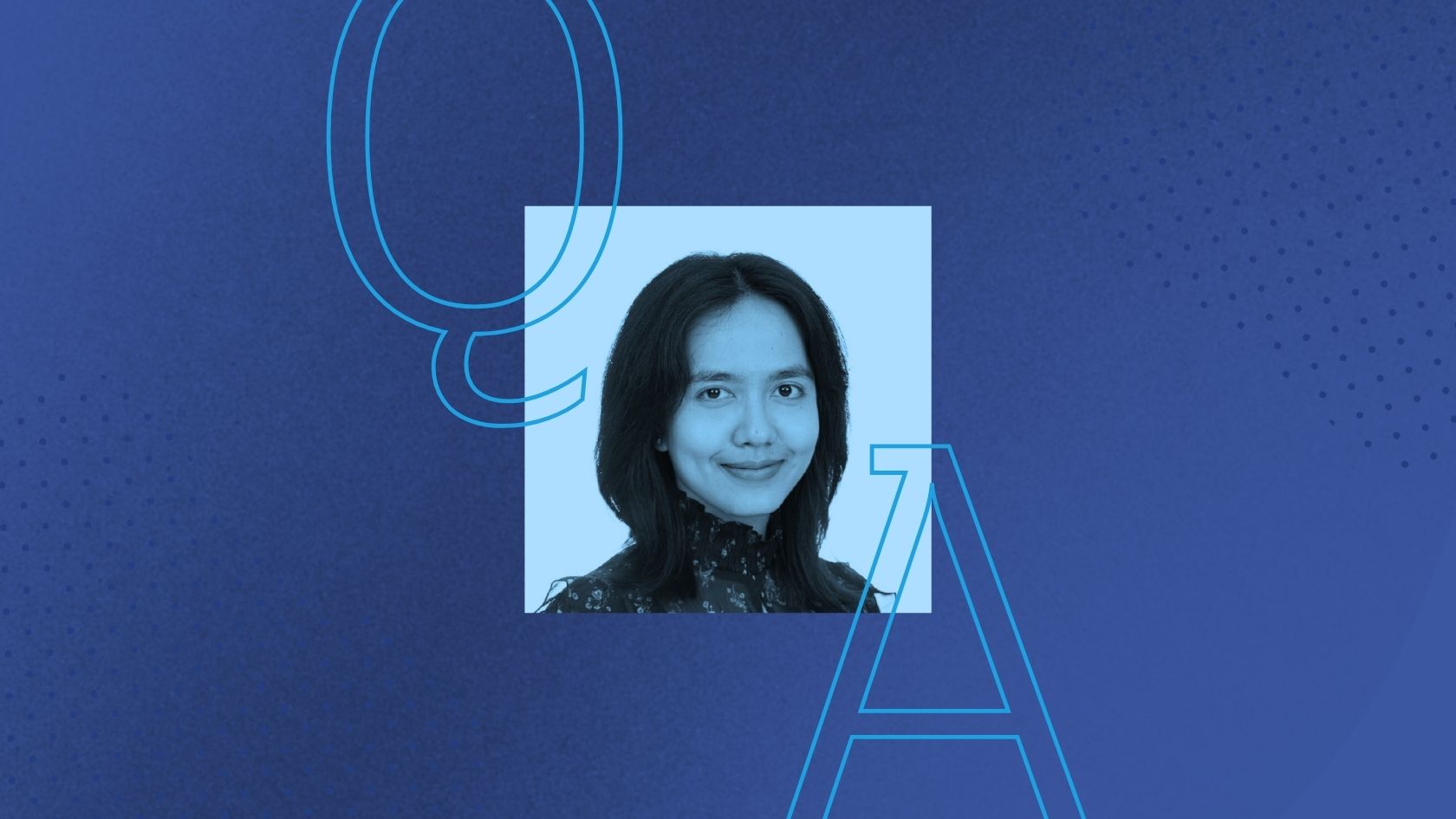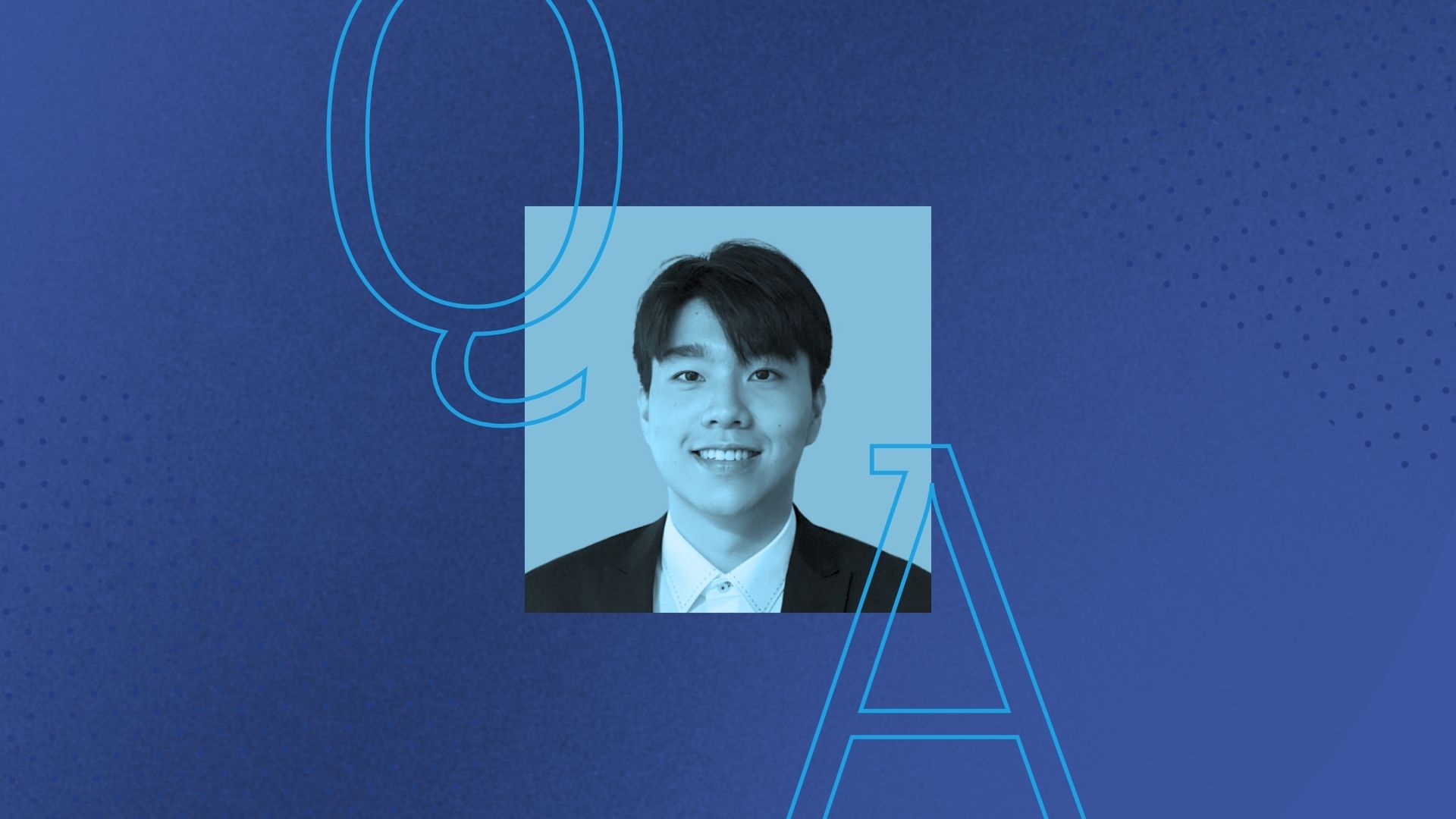Soraya Saint-Marc aims to reverse climate change by helping corporations reduce their waste and carbon footprint.
To do this, she first completed a Bachelor of Environmental Sciences from Wageningen University & Research in the Netherlands.
Then, she turned to the ESSEC Master in Strategy & Management of International Business (SMIB) program to gain fluency in business language.
Eager to start her career in Asia, she flew to Singapore for her final year of the SMIB program. We speak to her about her experience in Asia.
Having experienced both campuses, what are the differences between ESSEC Singapore and ESSEC France?
ESSEC’s Singapore campus is smaller but cozier. Compared to Cergy, ESSEC Asia-Pacific courses focus more on teaching with an Asian-centric lens.
Is the Singapore campus less lively because of the more intimate campus?
No, we have a lot of social events organized and funded by the Bureau des Élèves* (BDE).
For example, there was a barbecue with all the SMIB students one evening. Another time, we had a Global Village where ESSEC students presented different local dishes from their food countries.
Within the SMIB cohort alone, there are 32 students but over 10 nationalities.
It’s interesting to have conversations with people from different cultures over meals and to hear about their values and visions for the future.
I like that ESSEC provides an environment for these exchanges.
*The BDE is the equivalent of a student’s association. It organizes student life activities, acts as a voice for the student body, and helps new students integrate.
How has being here helped you with your goal to work in Asia?
Our career services manager, Venon Sim, organizes weekly events with professionals and alumni.
These events allow us to network with the local alumni and better understand the work life in Singapore. I’m also taking advanced Mandarin classes at ESSEC to become completely fluent.
Finally, during the Asian Strategy Challenge* (ASC), SMIB students can work directly on impactful projects with real clients.
*The ASC is an opportunity for students to work as consultants to help a company in Asia solve a real-world business challenge.
Tell us about your ASC. What is it about, and what have you learned so far?
It’s about the anti-fraud market in Southeast Asia and the rest of the world.
The experience has taught me that communication is crucial—and while it is not a big deal if you communicate too much, it is an issue if you don’t communicate enough.
I’m also learning to stay consistent. The ASC is a six-month project, and you must work the same amount each week, regardless of your academic workload.
Any classes you’ve particularly enjoyed?
I enjoyed my cross-cultural communication course taught by Frédéric Gillant.
The professor used his experiences living across Asia as a Frenchman to help us understand the importance of connecting with people of different backgrounds.
I also enjoyed Julien Salanave’s entrepreneurial mindset class. As an entrepreneur himself, I found his classes very practical.
What is one of your favorite things about being in Singapore?
Food! Food courts and hawker centers offer a wide variety of authentic Asian food—Malaysian, Indian, Chinese, Korean, and more—for cheap prices.
I may be French, but I prefer the food here by far, although I do miss being able to eat pain au chocolat and saucisson regularly!
RELATED POSTS
MiF Student Xuechun Kang: From Beijing to Singapore, Journey Through ESSEC’s Master in Finance Program
Meet Xuechun Kang, whose academic journey from Beijing to ESSEC in Singapore unlocked a passion for fintech and a clear path to commodities trading.
GBBA Student Sude Petek Yavaş: Coming Full Circle with Growth, Global Experiences, and Graduation in Singapore
From Turkey to Singapore, internships to exchanges—discover how this fourth-year Global Bachelor of Business Administration (GBBA) student turned her…
MiF Student Ambassador Anthony Delorme: How To Build a Global Finance Career From Singapore
From a French M&A analyst to a student leader spearheading finance events, Anthony Delorme leverages his ESSEC Master in Finance experience and…
Singaporean Success Stories at ESSEC Global BBA
Three local students share their transformative journeys at Singapore's premier French business school.
MiF Student: How Khine Soe San Found Purpose in Finance Through ESSEC APAC
Khine Soe San's finance journey, profoundly shaped by the ESSEC Master in Finance (MiF) program and an ADB internship, evolved from a numbers-driven…
MiM Student Emerson Huang: Finding Purpose and Perspective
ESSEC MiM student Emerson Huang’s globally focused academic path has taken him from Taiwan to Singapore and soon to Copenhagen, combining rigorous…
